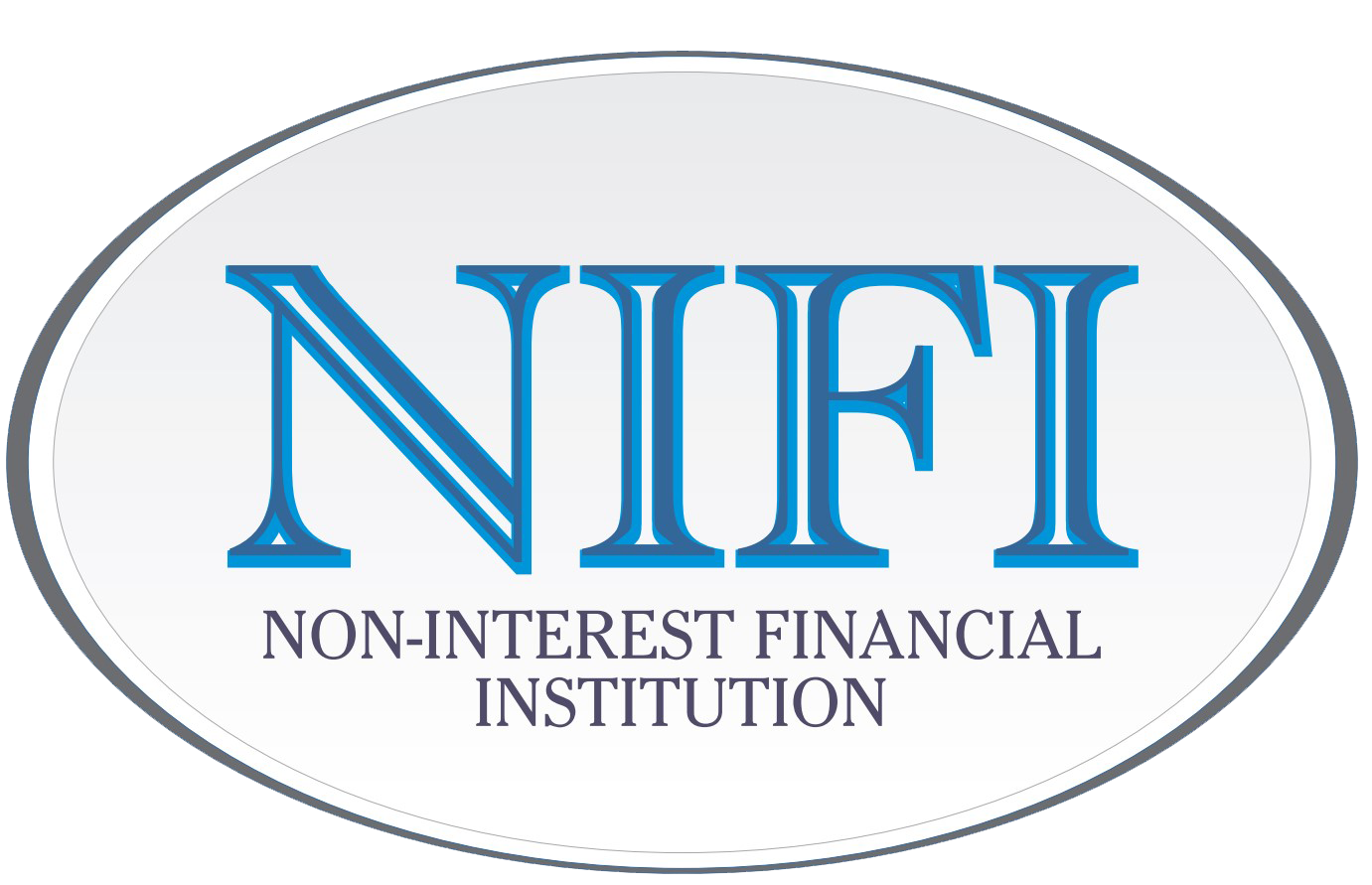Transactions on the Point-of-Sale Device (POS) are on the increase, availability, ease of use and the unpredictability of bank’s automated teller machines (ATM) are factors accentuating its adoption. Available data from CBN’s page on Epayment statistics shows that the volume of transactions increased from 2,743,555,841 in 2021 to 3,885,782,065 in 2022 (https://www.cbn.gov.ng/paymentsystem/epaymentstatistics.asp).
If we factor in the ubiquity of POS devices in the commercial cities of the country, it is expected that the 2023 data when available will flow in the same direction. However, this article is not about POS transactions count, it is about the value of POS receipts in the dispute resolution practice of Nigeria.
A POS receipt is the physical evidence of a transaction consummated on a POS device; it is analogous to a transaction confirmation document. The receipt contains information about the transaction carried out, this information is relevant to tracing and resolving disputed financial transactions carried out on a specific POS.
What do you do with your POS receipt?
For a POS transaction to take place, there has to be a POS device, a POS merchant -the owner of the POS rendering service, a card (usually Mastercard, Visa, or Verve in this milieu), and a settlement process between the POS provider, Merchants, and other stakeholders. After a POS transaction, a receipt is usually generated, and the expectation is that the merchant will avail you of a copy to review for each transaction and keep their copy. However, this is not always the case, excuses of no receipt paper for printing receipts are gradually gaining momentum-Merchants trying to reduce this operating cost or eliminate it.
What do you do with your POS receipt? Before we delve into your response or attitude towards POS receipts – keep the receipt, throw it away/destroy it immediately, or throw it away/destroy it later. We need to familiarize ourselves with certain information on the receipt. The table below presents a simplistic definition of some of the terms, acronyms, and codes we find on our POS receipts:
|
S/n |
Term |
Description |
|
1 |
TID (Terminal ID) |
Unique ID – identifying the Terminal used for the transaction |
|
2 |
MID |
Merchant ID – a unique number identifying the merchant |
|
3 |
AID |
Application Identifier -identifies the application running on the POS |
|
4 |
NAME |
Account Name |
|
5 |
Auth ID/No |
A one-off 5-6 digits character that is unique to each transaction |
|
6 |
Account Type |
Account Type |
|
7 |
PAN |
Usually masked, it displays the first 6 and last four digits of your cards -very helpful in identifying the card used for the transaction. Guide your PAN jealously. |
|
8 |
Scheme/LABEL |
Card Type/Programme- Mastercard/Visa/Verve |
|
9 |
RRN |
Retrieval Reference Number. This is a unique that identifies the transaction in the acquirer’s application |
|
10 |
STAN |
System Trace Audit Number – a number generated by the cardholder’s bank that can be used to identify a transaction |
|
11 |
Card Expiry |
Card Expiration Date |
|
12 |
Trans ID |
A transaction ID is a unique string of numbers and letters attached to a particular transaction. Every transaction ID is unique. A bank can use the ID to request for more info from a Merchant. |
|
13 |
Status Code |
2- or 3-digits code stating the transaction status; 00 is successful. |
|
14 |
Status Comment |
Displays the status of the transaction. Approved – Successful Declined – Failed Insufficient Funds – No Money in the account Invalid PIN |
|
15 |
PIX |
Proprietary Application Identifier Extension (PIX) – This enables the application provider to identify an application |
|
16 |
TSI |
Terminal Status Indicator |
|
17 |
TVR |
Terminal Verification Result |
Now back to the question at hand – recently on my way to work, I stopped at a popular Filling station to buy fuel. The place was very busy with a lot of impatient customers and the attendants were visibly exhausted, the queue was unnecessarily long and slow. After much ado, it got to my turn, I inserted my card into the POS device and as it was processing, the POS device shut down without completing the transaction. The attendant simply returned my card and proceeded to obtain a new POS.
I moved to the next attendant to consummate the transaction, the transaction was successful, and a receipt was issued. I got my fuel and drove off. On getting to the office, I discovered I was debited twice – I decided to allow for the mandatory 24 hours. The first day, second day, and third-day post-transaction passed with no reversal. I engaged my bank via their digital channel to log the dispute, and some days later, I got an email that the dispute was declined by the merchant’s bank with an approval receipt for both transactions. Meaning, I got value, in this context, I bought fuel twice – this does not even sound plausible. I was asked to provide my receipts for the POS transaction that the device shut down or to find a way to prove that I did not get fuel twice. Painfully, I figured out I had to go back to that Fuel station if I wanted my funds back.
Armed with the approval receipt shared in the dispute resolution process, I visited the Fuel station where I was asked to provide my copy of the receipt, again I explained what happened and fortunately, I was able to identify the attendant and the POS device used. After an extensive review, the shift manager confirmed that my claim was genuine and refunded me cash based on perceived credibility-the fuel station did not have a CCTV to confirm if I got fuel twice that day and their reconciliation process did flag excess inflow compared to fuel sold but identifying the affected customers is on a case by case basis as I was told -If you do not complain, no reversal!
- Driving out of the station, I wondered what would have happened if this transaction had taken place in another state or somewhere very far – my travail could have been avoided if I had insisted on getting a receipt after the POS shut down. As far as documentary evidence is concerned:
- Always remember that anything can go wrong in a POS transaction, always choose merchants that are accessible.
- Ensure you get a receipt after every POS transaction.
- Review your POS transaction receipt for discrepancies, especially the amount and name on the card before you leave the merchant.
- Do not throw away or destroy the receipt immediately, if you do not like the feeling of keeping or carrying paper receipts, scan the receipt with your phone- allow at least one week for debit cards and one month for Credit cards before you destroy the receipt.
- Validate the correctness of POS transaction entries in your account statement
- Finally, please note that in some cases, especially for disputes involving the purchase of items, you may be advised to visit the merchant (irrespective of the geographical location).
Now that you know, choose your POS merchant wisely!




